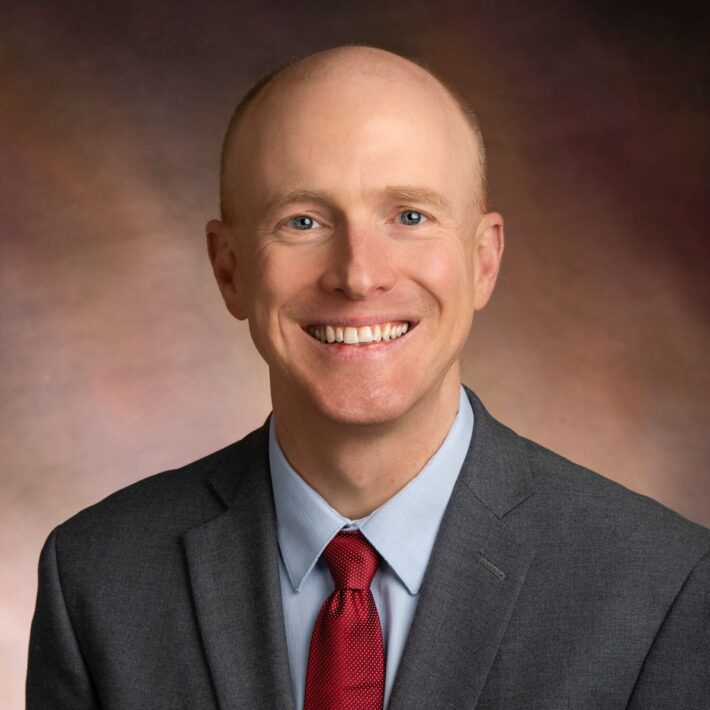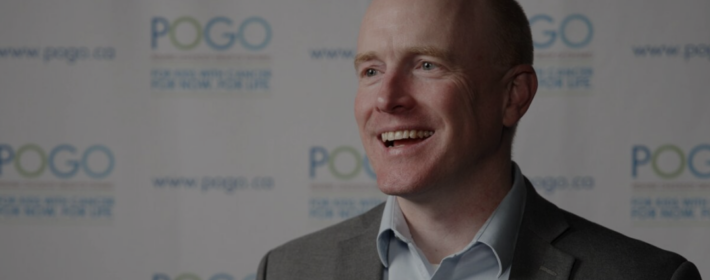Rise in Early-Onset Cancers: More Diagnoses, Not Always More Disease

Headlines about cancer appearing in younger adults have sparked concern: are cancers truly rising in people under 50? A new study published in JAMA Internal Medicine suggests the story is more complicated — and in many cases, less alarming.
What the Study Found
Researchers from Brigham and Women’s Hospital reviewed incidence and mortality data for eight cancers that have shown the fastest rise in adults under 50 since 1992: thyroid, anal, kidney, small intestine, colorectal, endometrial, pancreatic, and myeloma.
- Incidence doubled across these cancers over three decades.
- Mortality stayed flat overall.
- Only colorectal and endometrial cancers showed a modest increase in deaths.
This pattern — more diagnoses without more deaths — points to what experts call overdiagnosis: detecting cancers that may never cause harm. For thyroid and kidney cancers, especially, improved imaging and screening often reveal small lesions that remain indolent.
Why It Matters for Patients
The findings highlight a critical nuance: not every detected cancer is clinically meaningful. For younger patients, especially, this can mean confronting a diagnosis that may never progress but still carries psychological and treatment burdens.
Patients should keep in mind:
- Colorectal cancer shows both rising incidence and mortality; this is a genuine concern and supports current efforts to lower screening ages.
- Endometrial cancer is also trending upward, likely tied to obesity and declining hysterectomy rates.
- Other cancers in this group (thyroid, kidney, small intestine, pancreas, myeloma, anal) show flat or declining mortality despite more diagnoses — a sign that detection practices may be driving the numbers more than biology.
What Doctors Are Saying
Editorialists from Yale School of Medicine emphasized that mortality, not just incidence, should guide cancer policy and prevention efforts. Detecting more cancer is not the same as saving lives — what matters is reducing morbidity and death.
They argue for more refined screening and diagnosis strategies that distinguish between cancers requiring intervention and those not.
Implications for the Synovial Sarcoma Community
While synovial sarcoma was not part of this analysis, the study offers important lessons:
- Context matters. Rising case numbers should always be interpreted alongside mortality and outcomes.
- Overdiagnosis risk differs by cancer type. For rare cancers like synovial sarcoma, underdiagnosis and misdiagnosis remain a greater challenge than overdiagnosis.
- Screening strategies must be nuanced. Broad screening may inflate incidence in some cancers while leaving rare and aggressive cancers underdetected.
How SSF Is Driving Answers
Better understanding, earlier recognition, and more effective treatment strategies are urgently needed for synovial sarcoma. That’s why the Synovial Sarcoma Foundation has invested in a national clinical registry and biospecimen repository, housed at CHOP and Penn Medicine. By gathering patient-reported data and tumor samples, we are building the evidence base to answer the hard questions about this rare cancer — from diagnosis to treatment.
We encourage all patients and families affected by synovial sarcoma to participate. Adding your information strengthens the research community and accelerates progress. Learn more and join here.
The Takeaway
The “epidemic” of early-onset cancers may be less about an explosion of disease and more about how medicine now detects it. For patients, the key is not to fear every statistic but to ask clear questions:
- Is this diagnosis likely to become clinically meaningful?
- What does my stage, grade, and tumor biology say about my risk?
- What are the options for surveillance vs treatment?
As the authors note, the real challenge for cancer care in the next decade will not be simply finding more cancers — it will be finding and treating the cancers that truly matter.



